All 67 Florida Counties Join ICE in Mass Immigration Enforcement

Florida has solidified its position as a national leader in cooperating with federal immigration enforcement efforts, a move that has drawn both praise from supporters and sharp criticism from advocacy groups.
The state's heightened involvement comes as the Trump administration has dramatically expanded its partnerships with local and state law enforcement agencies to bolster immigration enforcement nationwide. Currently, over 500 agencies across the United States have forged agreements with US Immigration and Customs Enforcement (ICE), a significant increase from the 135 such agreements in place in late 2019. Florida, under the leadership of Governor Ron DeSantis, has been at the forefront of this initiative, with all 67 counties in the state participating in these partnerships.
"Florida is leading the nation in active cooperation with the Trump administration for immigration enforcement and deportation operations," DeSantis declared during a recent press briefing alongside officials from the Department of Homeland Security (DHS). He highlighted the results of "Operation Tidal Wave," a recent initiative that reportedly led to the detention of 800 individuals within a week.
The surge in cooperation aligns with the Trump administration's broader strategy to involve state and local agencies in immigration enforcement. The administration has sought to incentivise these partnerships while also penalising jurisdictions that limit such cooperation. A recent executive order signed by Trump threatens legal repercussions for officials in so-called "sanctuary" jurisdictions, which refuse to assist federal immigration authorities.
Under these agreements, local law enforcement agencies gain authority to enforce immigration laws, a role traditionally reserved for federal agencies like ICE. These partnerships have expanded dramatically across 38 states, with an additional 74 agencies awaiting approval. Florida’s dominance in this cooperation stands in stark contrast to states like Texas and Georgia, which also play prominent roles but fall short of the Sunshine State’s scale of involvement.
Interestingly, Florida’s agreements extend beyond traditional law enforcement bodies, incorporating agencies such as the Department of Lottery Services and the Fish and Wildlife Conservation Commission. These partnerships often operate under a "task force model," where arrests occur within communities, or a "jail enforcement model," focusing on individuals already detained in local jails. Florida’s recent operations underscore the growing role of state troopers and highway patrol officers, who have conducted traffic stops that resulted in arrests for immigration violations.
However, these partnerships remain logistically challenging. Florida officials have pointed out delays in federal training for local law enforcement, an essential step for enabling them to execute their new responsibilities effectively. The expansion of these programs has sparked alarm among immigrant advocacy groups, who warn of widespread fear and destabilisation within vulnerable communities. Critics argue that entrusting immigration enforcement to local law enforcement risks undermining trust between immigrant communities and police.
"People are extremely afraid to go out and drive, afraid of the police," said Jessica Ramírez, the general coordinator for the Florida Farm Workers Association.
Ramírez explains that many of those detained were individuals with no criminal records who were either asylum seekers or had valid work permits. Advocacy groups also contend that local law enforcement officers lack the specialised training necessary to handle immigration cases equitably, potentially leading to unjust outcomes. One particularly poignant story highlights the human toll of these operations. Chica, a 25-year-old Guatemalan woman, recounted how her partner, Fernando, was detained during a routine car ride to his construction job.
Fernando, a father to their three-month-old baby and an asylum seeker, had a valid work permit. Yet, he and three others were detained after the driver failed to present a valid license. The incident has left Chica contemplating a return to Guatemala, fearing she cannot manage alone if Fernando is deported. The heightened role of state and local agencies in immigration enforcement reflects the Trump administration's ambitious deportation goals, targeting an estimated 11 million undocumented individuals in the United States.
ICE, with approximately 6,000 officers nationwide, faces significant resource constraints in executing large-scale operations independently.

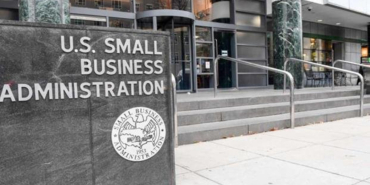
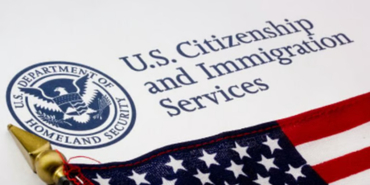

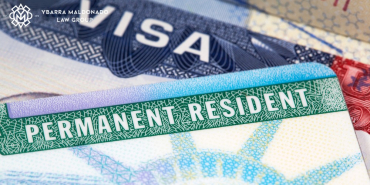

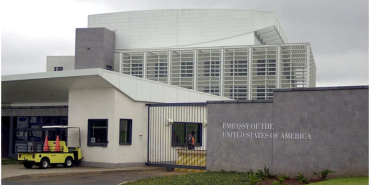

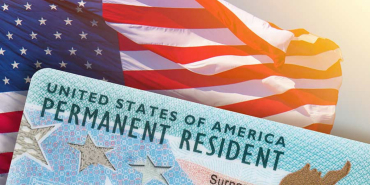





Add new comment